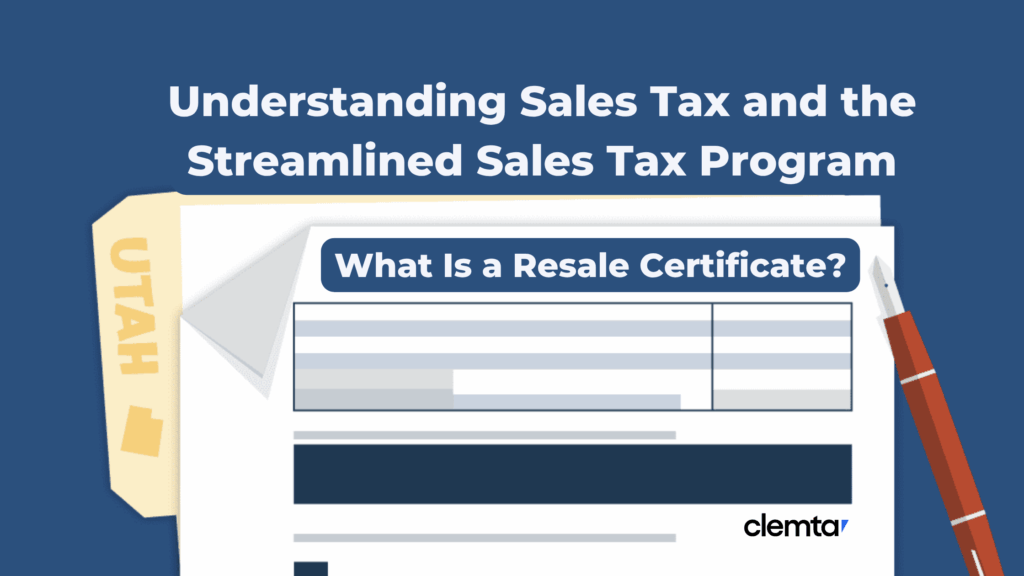Comprehensive blogs, one click away from you
Explore our blog to unlock the full potential of your business
We share powerful business strategies and insights for your company regularly. Join our newsletter to stay up to date!

-
Özgür Kuşkonmaz
Launch a fully compliant U.S. product brand without inventory, warehouses, or upfront risk. With Clemta handling formation and compliance, and Supliful managing on-demand production and fulfillment, building a supplement or coffee brand has never been easier.
-
 İlayda Şencan
İlayda Şencan
Focus on growth, not paperwork. Ignoring LLC compliance is risky. Get Clemta's free kit, including a custom Operating Agreement and automated reminders, to protect your business and stay compliant.
-
Leyla Magsud
Amazon.ca is enforcing enhanced KYC verification, demanding detailed company documents and beneficial ownership information from sellers. This guide provides a step-by-step response plan, a full document checklist, and a self-attestation letter template to help you navigate the new rules and protect your account.
-
Özgür Kuşkonmaz
Discover why Delaware is the #1 choice for registering a U.S. company. This complete guide provides a step-by-step process for entrepreneurs, including non-U.S. residents, covering everything.
-
Nolan Hackett
Waiting weeks for the IRS to issue your Employer Identification Number (EIN) can paralyze a young company’s finances. Clemta eliminates that bottleneck by partnering with fintech-friendly banks that accept pre-EIN onboarding, so you can invoice U.S. customers and collect payments from day one. In this post we explain the exact steps, legal considerations, and competitive advantages of opening a U.S. bank account first—and why most traditional formation providers can’t match it. If you’re an international founder looking for rapid market entry, read on.
-
Lyn Elhajjar
A resale certificate lets you buy inventory in the US without paying sales tax upfront—crucial for protecting ecommerce margins. In this guide, we unpack how resale certificates differ from sales-tax permits, how to apply in every state, and how the Streamlined Sales Tax Program can fast-track compliance for non-resident founders. Avoid penalties, simplify filings, and learn how Clemta automates the entire process.







